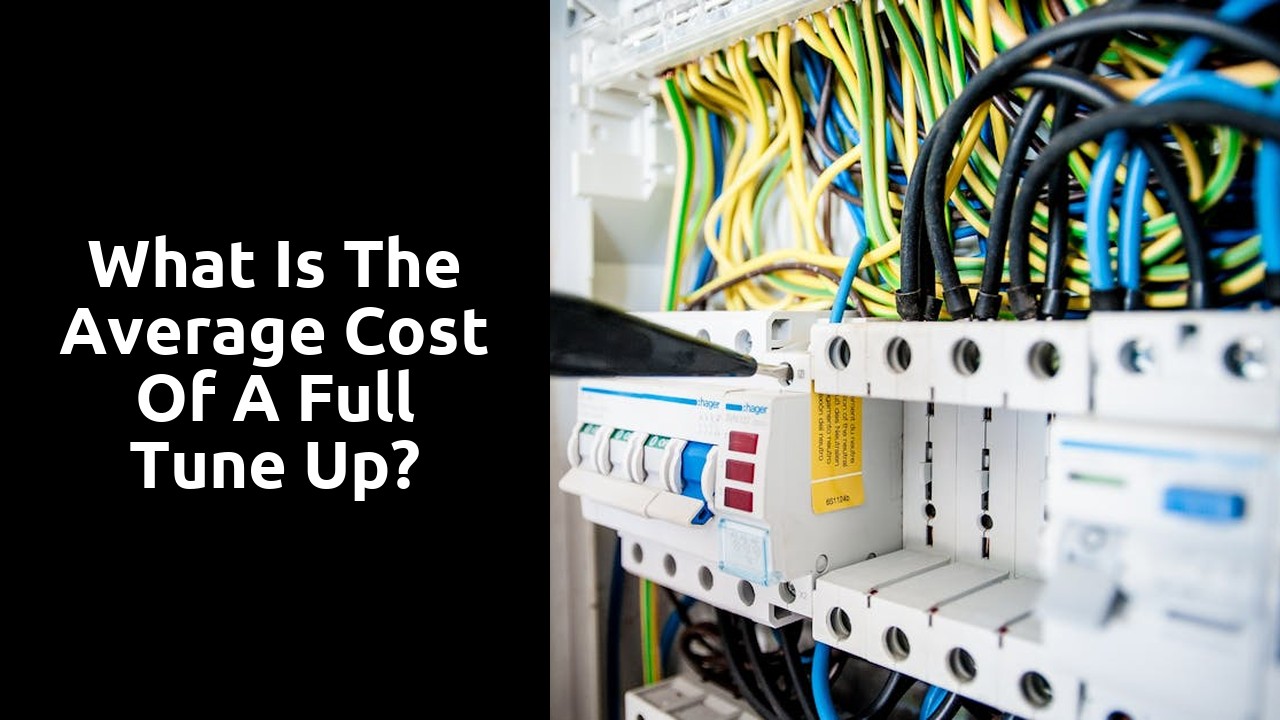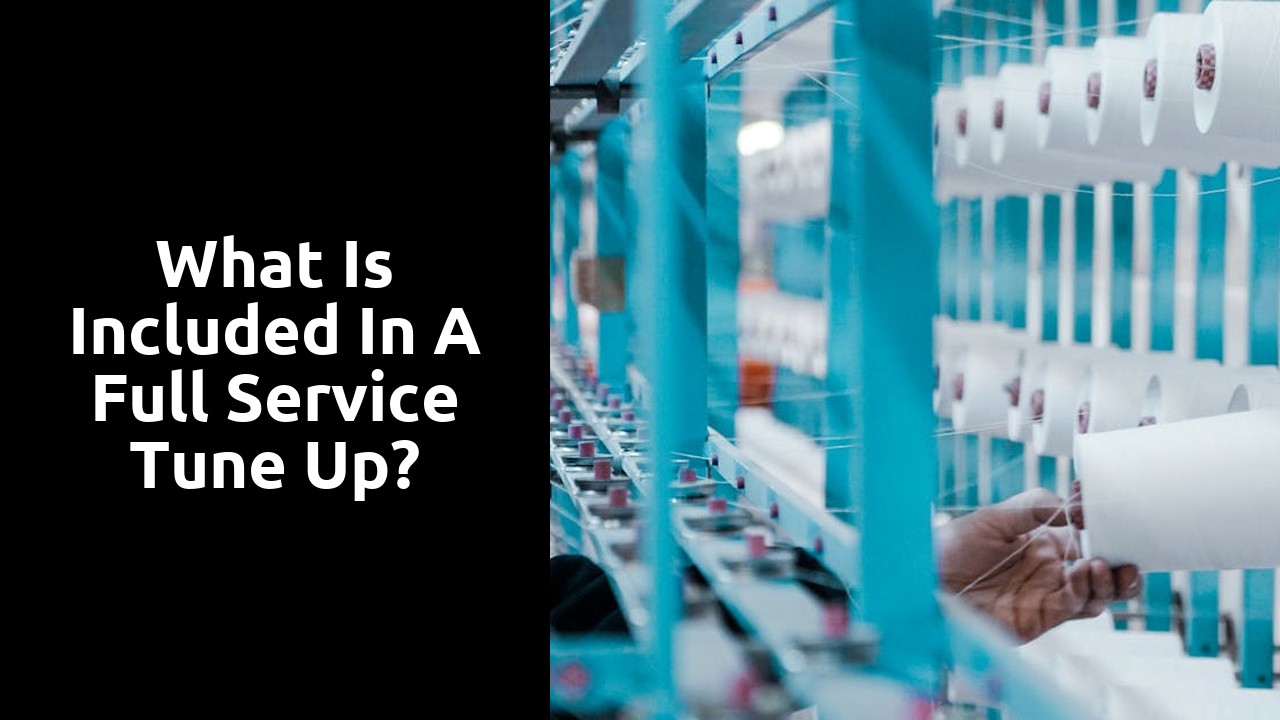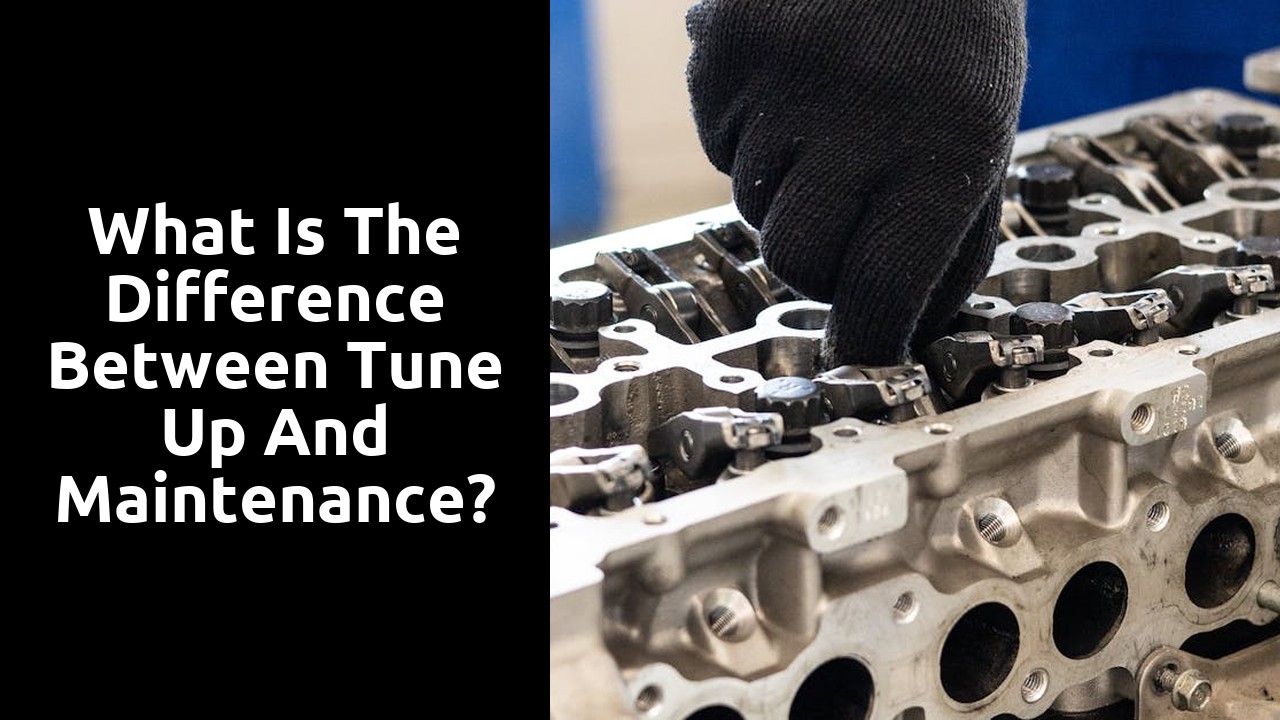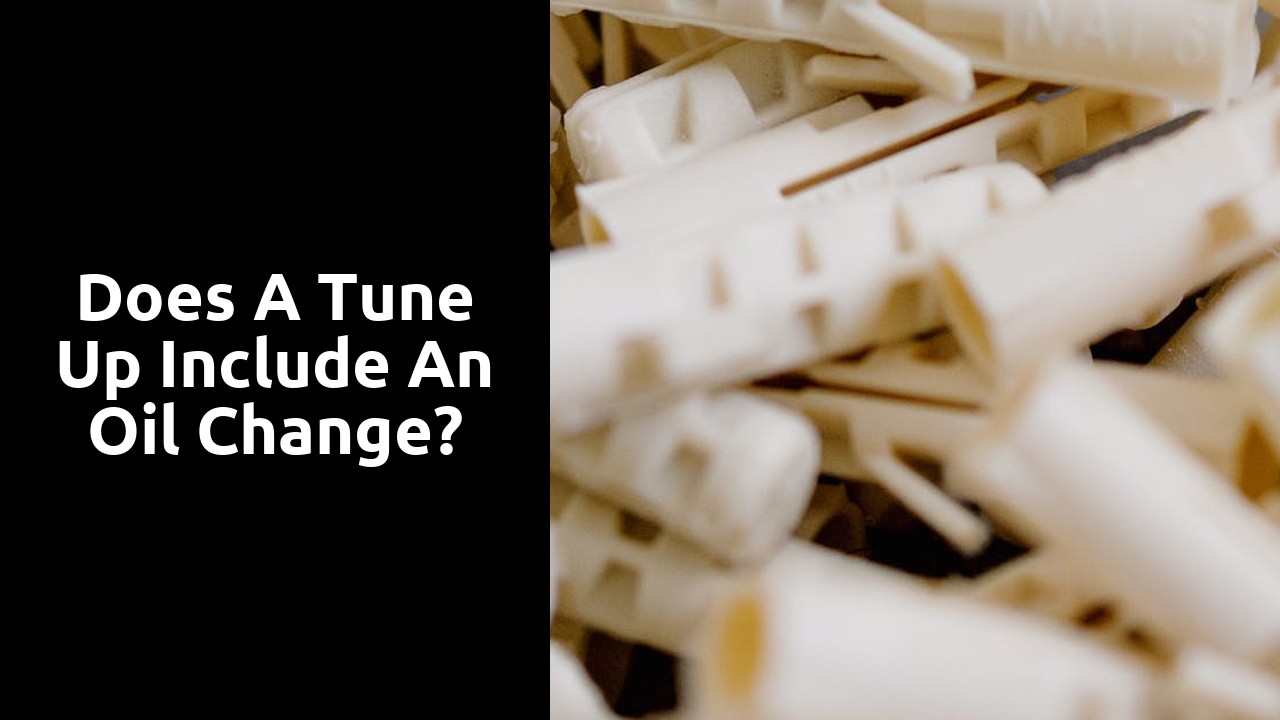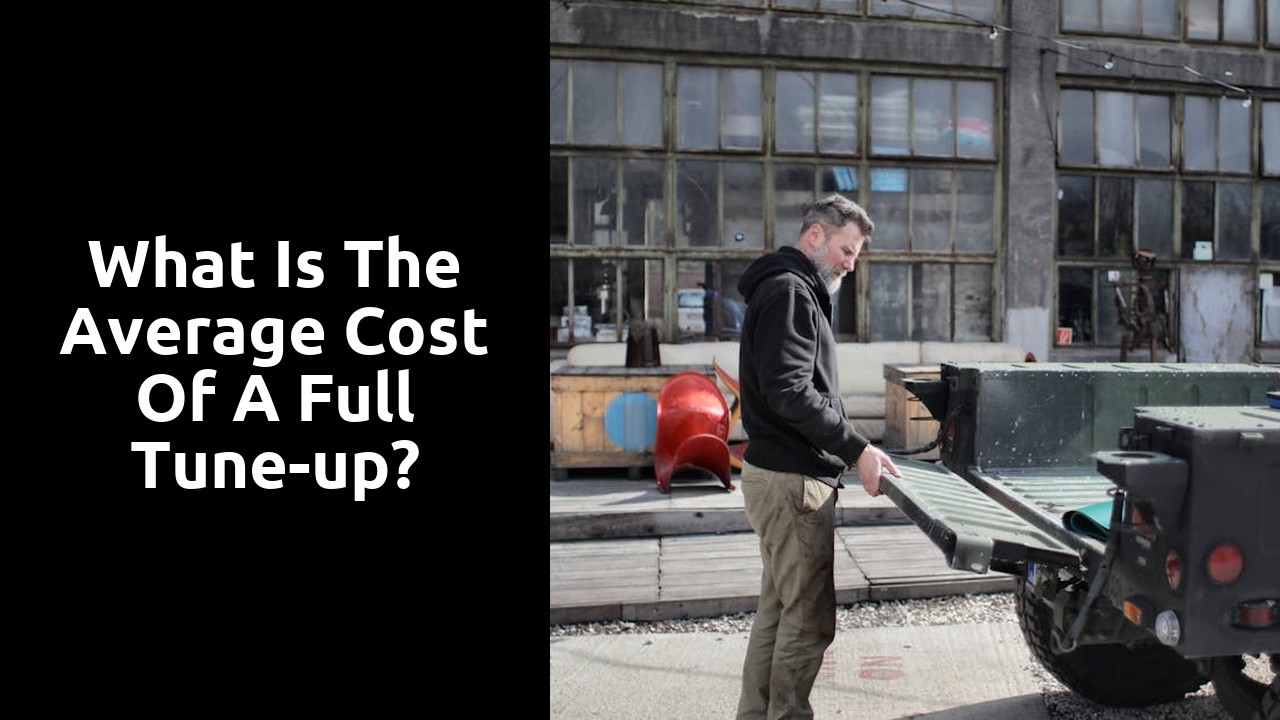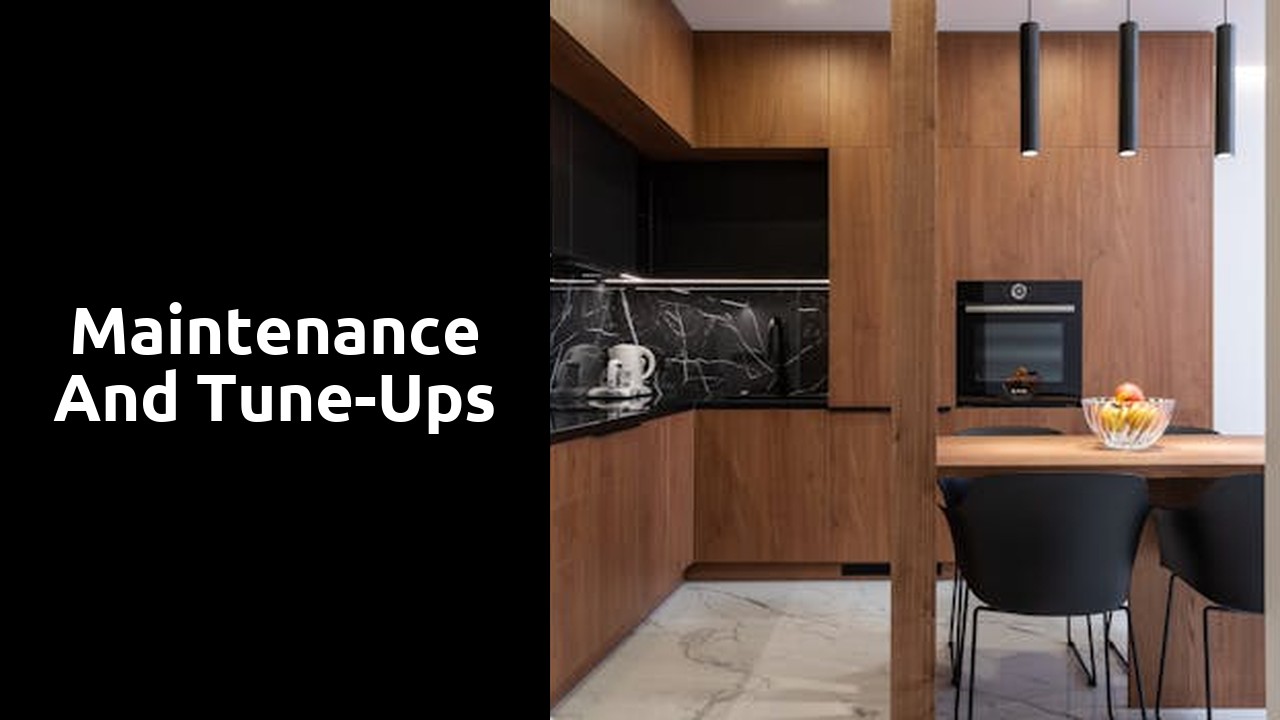
Maintenance and Tune-Ups
HVAC Contractors provide essential services when it comes to maintenance and tune-ups for heating, ventilation, and air conditioning systems. Regular maintenance helps to ensure that HVAC systems are running efficiently, which can help to lower energy costs and extend the lifespan of the equipment. HVAC Contractors will inspect and clean various components of the system, identify any potential issues before they become major problems, and make necessary adjustments to optimize performance. Additionally, they will perform tune-ups to ensure that the system is operating at peak capacity and provide recommendations for any necessary repairs or upgrades. Overall, HVAC Contractors play a crucial role in keeping homes and businesses comfortable and functional throughout the year.
Choosing the Right Motor Oil
Choosing the right motor oil for your vehicle is crucial to ensure optimal performance and longevity of your engine. With a variety of options available, it's important to select the one that best suits the needs of your car. Synthetic oil offers superior protection and performance in extreme temperatures, providing better lubrication and stability compared to conventional oil. On the other hand, conventional oil is more cost-effective and suitable for standard driving conditions.
When considering synthetic versus conventional oil, it's essential to weigh the pros and cons of each. Synthetic oil may have a higher initial cost, but its extended durability and ability to protect your engine from wear and tear can save you money in the long run by reducing the frequency of oil changes. Conversely, conventional oil is budget-friendly and can adequately lubricate your engine under normal driving conditions. Ultimately, the choice between synthetic and conventional oil depends on your driving habits, budget, and the specific requirements of your vehicle.
Synthetic vs. Conventional Oil Pros and Cons
When it comes to choosing between synthetic and conventional oil for your vehicle, there are various factors to consider. Synthetic oil is typically more refined and offers better performance in extreme temperatures compared to conventional oil. This results in improved engine protection and overall longevity. On the other hand, conventional oil is more affordable and suitable for older vehicles with high mileage that may not necessarily require the advanced protection of synthetic oil.
Additionally, synthetic oil has longer change intervals, which can save you time and money in the long run, as you won't need to change the oil as frequently as with conventional oil. However, the higher cost of synthetic oil may deter some individuals, especially if they are on a tight budget. Ultimately, the decision between synthetic and conventional oil depends on your vehicle's specific needs, your driving habits, and your budget constraints.
Importance of Tire Maintenance
Regular tire maintenance is a crucial aspect of keeping your vehicle safe and performing optimally. By checking tire pressure and tread depth regularly, you can ensure that your tires are in good condition and properly inflated. Proper tire maintenance not only enhances your vehicle's handling and fuel efficiency but also improves overall safety on the road.
Neglecting tire maintenance can lead to serious consequences such as increased risk of accidents, decreased fuel efficiency, and uneven tire wear. Without proper care, tires can become worn out and unsafe, putting you and other drivers at risk. By prioritizing tire maintenance as part of your overall vehicle care routine, you can extend the life of your tires and enjoy a smoother, safer driving experience.
Checking Tire Pressure and Tread Depth Regularly
Regularly checking your vehicle's tire pressure and tread depth is crucial for ensuring optimal performance and safety on the road. Proper tire pressure not only enhances fuel efficiency but also extends the lifespan of your tires. Underinflated tires can lead to increased rolling resistance, reducing gas mileage and causing uneven wear on the treads. Conversely, overinflated tires may result in reduced traction and a rougher ride. By maintaining the recommended tire pressure levels, you can promote better handling, braking, and overall driving experience.
In addition to tire pressure, monitoring tread depth is equally essential. Tires with worn-out treads pose a significant safety hazard, especially in wet or slippery conditions where traction is essential. The depth of tire treads directly affects how well your vehicle grips the road surface, enabling proper braking and handling. By regularly inspecting and measuring the tread depth, you can identify signs of wear and promptly address any potential issues before they compromise your safety or lead to costly replacements. Remember, maintaining adequate tire tread ensures optimal performance and adherence to road safety standards.
The Impact of Neglecting Maintenance
Neglecting regular maintenance on your vehicle can lead to a host of issues that may end up costing you a significant amount of money in the long run. By ignoring simple tasks such as changing the oil, checking tire pressure, and inspecting fluid levels, you are essentially setting yourself up for potential breakdowns and costly repairs down the line.
When maintenance is neglected, small problems can quickly escalate into larger, more serious issues. For example, failing to change the oil regularly can result in increased engine wear and tear, which may eventually lead to engine failure. Similarly, ignoring tire maintenance can compromise your vehicle's handling and safety, putting you and your passengers at risk. It's important to stay on top of maintenance tasks to ensure that your vehicle runs smoothly and efficiently, saving you both time and money in the long term.
Costly Repairs Caused by Lack of Regular TuneUps
Neglecting regular tune-ups and maintenance on your vehicle can lead to costly repairs down the road. Without proper care, small issues can escalate into major problems that could have been prevented with routine check-ups. By skipping regular maintenance, you risk diminishing the overall performance and longevity of your vehicle, ultimately increasing the likelihood of expensive repairs in the future.
Furthermore, ignoring tune-ups can also impact your vehicle's fuel efficiency. A poorly maintained engine, for example, may consume more fuel than necessary, costing you more money at the pump in the long run. By staying proactive with your vehicle maintenance schedule, you not only save money on potential repairs but also ensure that your car operates efficiently, saving you money on fuel costs and extending the life of your vehicle.
FAQS
How often should I get a tune-up for my vehicle?
It is recommended to get a tune-up for your vehicle every 30,000 miles or as suggested by your vehicle's manufacturer.
Why is it important to use the right motor oil for my vehicle?
Using the right motor oil ensures optimal performance and longevity of your engine. It helps in lubricating the engine components and reducing friction, thus preventing damage.
What are the advantages of using synthetic oil over conventional oil?
Synthetic oil offers better protection against extreme temperatures, reduces engine wear, and provides improved fuel efficiency compared to conventional oil. However, it tends to be more expensive.
How often should I check my tire pressure and tread depth?
It is recommended to check your tire pressure at least once a month and before long trips. Tread depth should be inspected regularly and replaced if it falls below 2/32 of an inch.
What are the consequences of neglecting vehicle maintenance?
Neglecting maintenance can lead to decreased fuel efficiency, reduced performance, and costly repairs in the long run. Regular tune-ups and maintenance can help prevent major issues and prolong the life of your vehicle.
